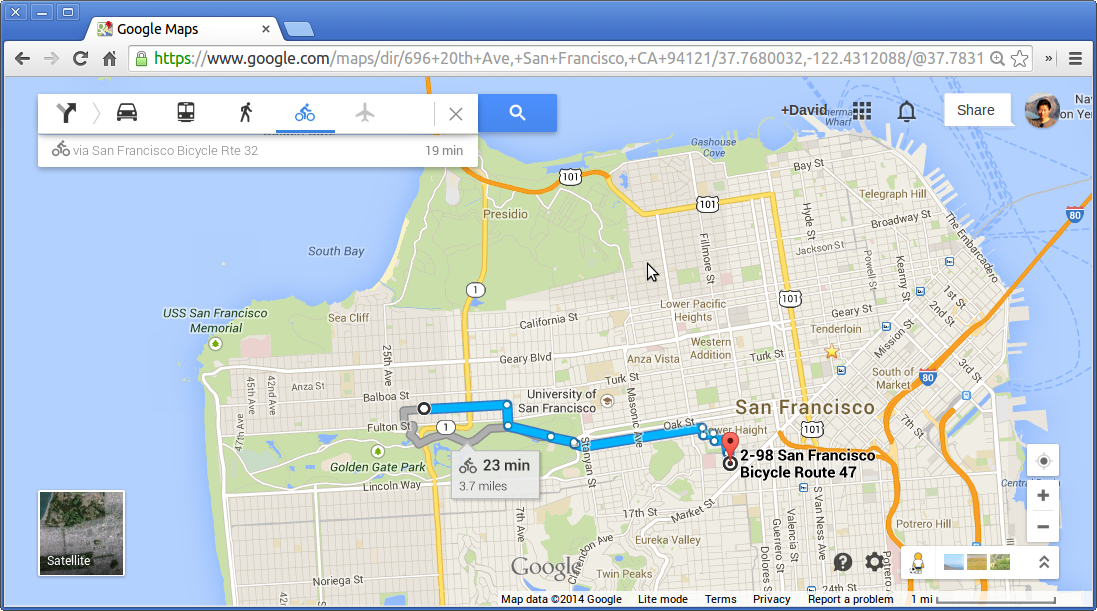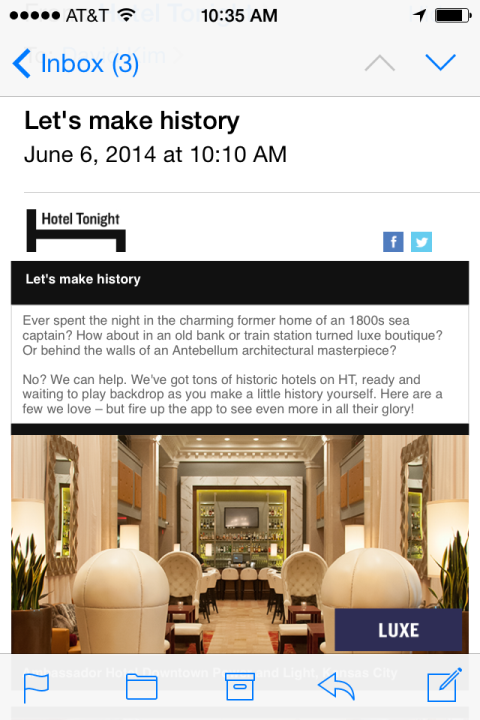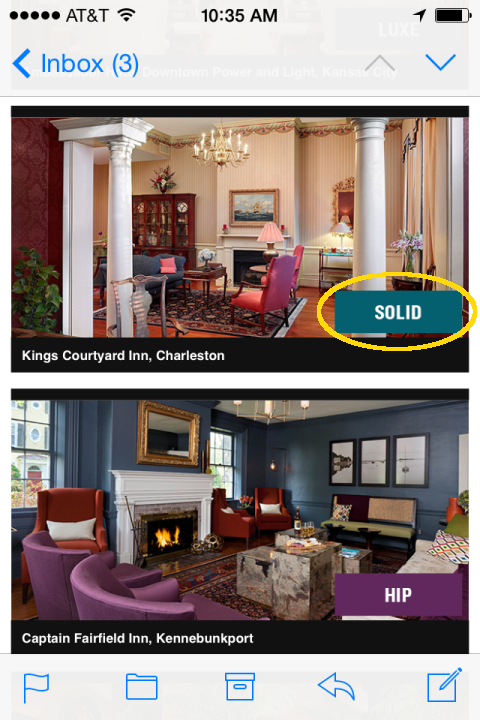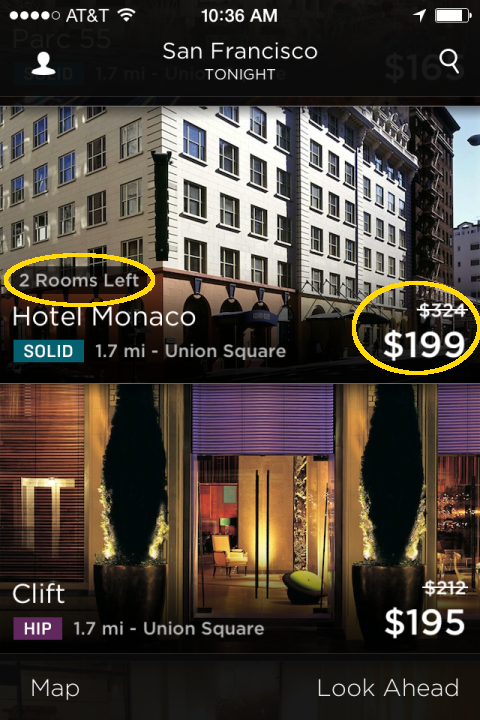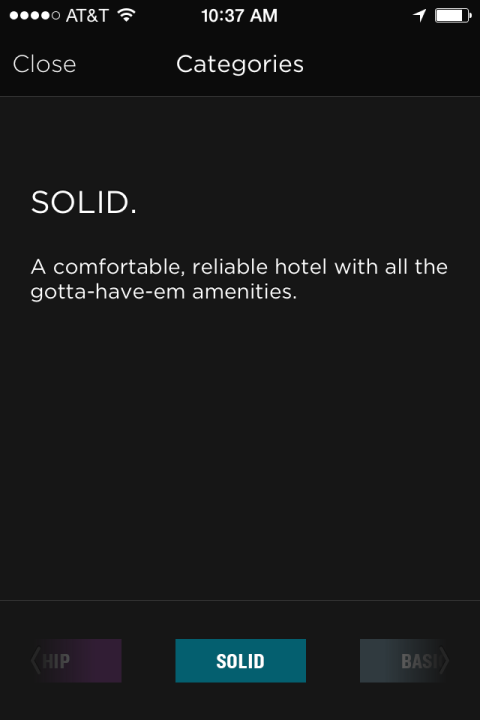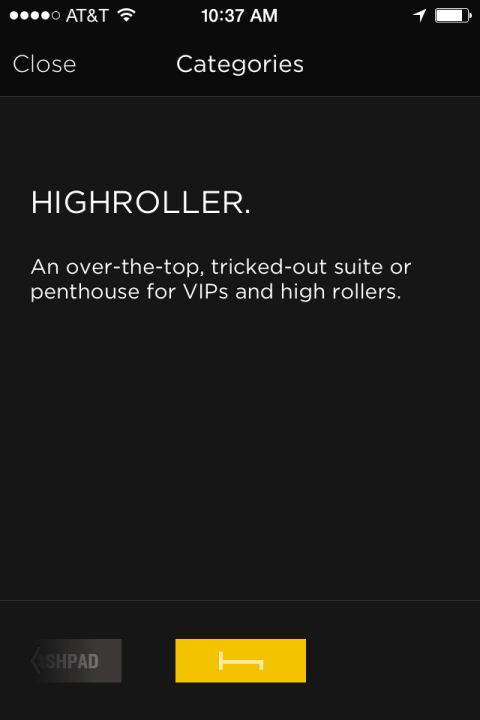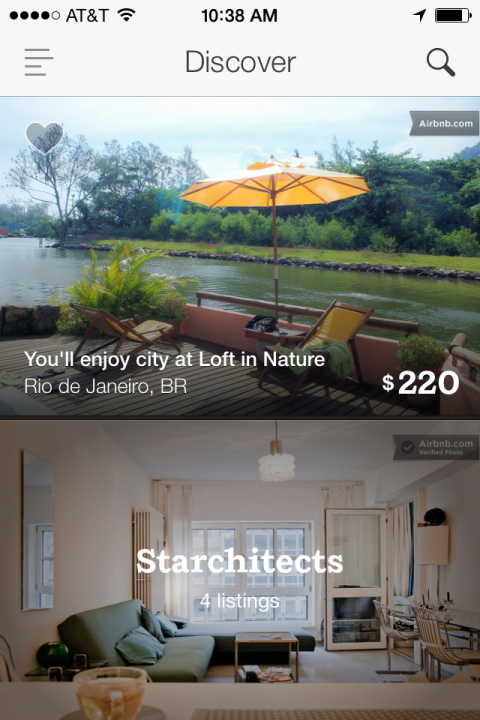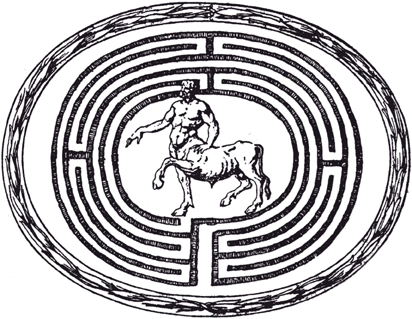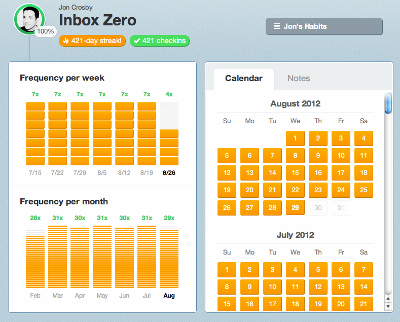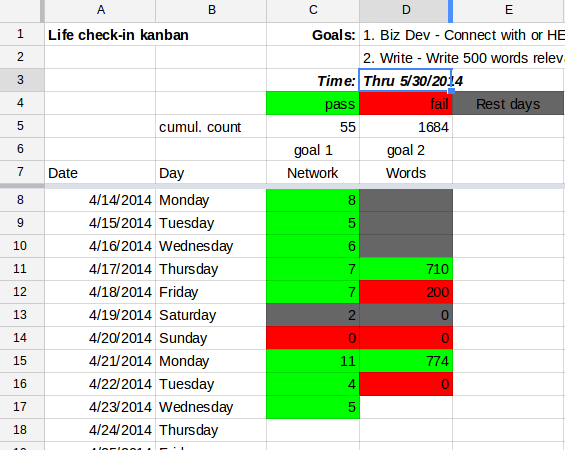A new friend invites you to a dinner party, and you have never been to her house before.
Do you head out the door and start driving?
Hell no!
You plug in the address and map it out first. I use google maps. And it wonderfully paints a path for you in cool blue. Not necessarily a yellow brick road, but see how it wonderfully takes you from point A to point B.
Doesn't this tool give you a peace of mind?
Clearly, a map is a wonderful guide, a reassuring helper in your journey.
Your Career
Wouldn't you like to have the same assurance in going from point A to point B in your career?
Except, what does a career map look like?
Thing is, you don't know. It is one of the axioms of life that you know with some clarity what happened in the past, but you are completely clueless about the future.
How did Google Maps know where you are going? Well, someone took measurements and made a map in the first place. In our society, we have mapmakers, or cartographers, who literally make maps.
"Stop looking at job boards. The best jobs are found or made."A wise friend
When it comes to your career, you can look to your heroes and mentors and trace their success stories.
But, that only goes so far.
As an analogy, those examples may be like street lights in your neighborhood. Once you leave your familiar city, and head out into the wilderness, there are no lights but the stars, no paved roads.
You will have to build your own map. You may decide to later invest in paving a road.
A rocketing career paths are true for only a few people in the world, and is a career fallacy. And the truth seems like hard work. But, the truth sets you free to move forward toward a better and happier you.
You fear failure.
What do you do if your efforts come to nothing, if you fail? That's okay. You learn, you grow. Your map improves, and you gain little more clarity.
Every day.
In an uncertain world, be a map maker
The world is literally blowing up everyday. Technology is accelerating the cadence of change in all industries, and no job or career path is secure.
As a friend told me “focus on excellence.”
It is another way of saying invest in your value and skills. As to know how to use those skills, start building your own map, and not relying on job descriptions.
The highest paying and most valued work (where you also will feel more fulfilled and valued in your work) are not found in job boards.
My friend: “The best jobs are found or made.”
Now then, start today!
Suggestions?
What do you want to talk about? Share your suggestions.
